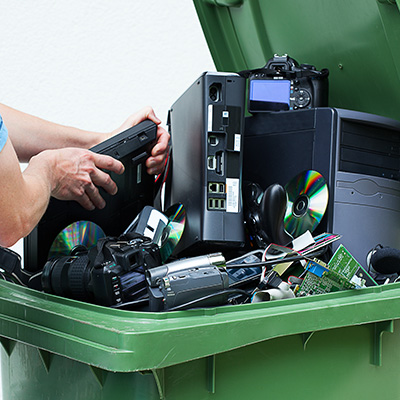As an information technology provider, we are tasked with helping your business make the best decisions possible related to your IT infrastructure. In this role, we offer a gentle recommendation that you purchase hardware you expect to need over the next year as soon as possible. If you don’t, you might be left high and dry without any good options to choose from.
Do you have any technology-related projects that require hardware acquisition? It’s a great time to consider it now, especially considering the expected increase of computing hardware costs. Working with a project management team like BondarTech can take out some of the risk, responsibility, and financial burden you might have for any new hardware acquisition during the project management cycle.
Now that smart mobile devices are a mainstay in business, the landscape will never be the same again. Your organization needs to have a plan to acquire, manage, maintain, and secure these devices. Businesses generally choose either Bring Your Own Device (BYOD) or Corporate-Owned, Personally Enabled (COPE), depending on their needs.
When evaluating your business assets, it’s essential to prioritize technology. Let’s briefly go into the reasons why this is important and explore effective management strategies your business can roll out to improve your operations.
Selecting the right servers for your business is extremely important and can either promote optimal performance, reliability, and security of your business computing; or it can present nothing but problems. Today, we will go through six tips to help you make good decisions about servers for your business.
All businesses depend on the Internet in at least some capacity, and it’s so commonplace and accessible these days that people often take it for granted. However, a lot of work goes into making sure that the infrastructure you know as the Internet remains accessible and operational. Let’s go over the hardware you’ll need to ensure you stay connected.
In recent years, educational institutions have widely adopted the regular use of laptops in the classroom, and with budgets being a pressing concern for many of these institutions, the cost-sensitive nature of Chromebooks make them an excellent option… at least, that would be the assumption. However, this is not the case in the slightest, as the software that powers these devices regularly reaches its end of life, despite the hardware being perfectly capable of more.
Any business that utilizes technology is sure to accumulate wasted materials over time, whether it’s a drawer full of old chargers or a room full of old, outdated workstations. To make sure that they don’t land themselves in a landfill, you should make a conscious effort to recycle and reuse your old technology in some way. Here are some options to consider.
Small businesses create a lot of waste. Fortunately, many are taking responsible steps to ensure that their old technology doesn’t end up in landfills. Let’s explore what small businesses do with their technology once it’s thrown away and how they contribute to a more sustainable future.










